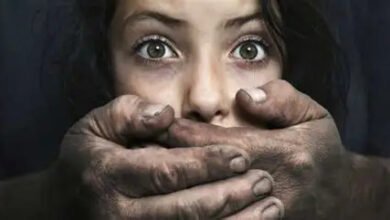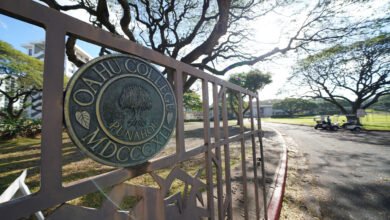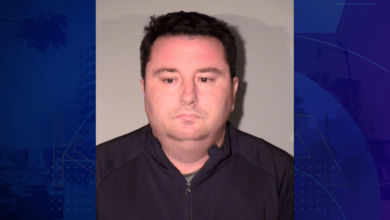Unbelievable Lapse: Predator Teacher Taught Brisbane Children for Nine Years After Abuse Complaints
Child Sexual Abuse

The case of former Brisbane teacher Kellie Whiteside has shaken Queensland’s education system, revealing deep flaws in how schools handle child protection concerns.
Despite multiple complaints spanning nearly a decade, Whiteside continued teaching and had access to vulnerable students, including the affected child, who bravely came forward years later.
This story is not just about one teacher’s abuse of power; it exposes the consequences of weak safeguarding systems and the urgent need for stronger recruitment, reporting, and accountability standards in schools.
The Incident
Whiteside’s grooming and abuse of her student began while she was teaching at Logan Village State School. Despite the affected child’s parents filing three complaints, including one about inappropriate social media contact when the child was just 12, the school failed to take decisive action.
Internal referrals to the Department of Education’s Ethical Standards division yielded no visible outcome. Whiteside was later allowed to move between several Queensland schools, including one for vulnerable children, continuing to work in classrooms long after suspicions were raised.
Only in 2024, when the affected child came forward, did police arrest Whiteside. In March 2025, she pleaded guilty to repeated sexual conduct with a child and received a five-year prison sentence.
Why Safe Recruitment Matters
This case underscores a systemic weakness in teacher vetting and monitoring. Schools relied heavily on paper-based pre-employment checks that failed to reveal prior complaints or ethical referrals.
Effective safe recruitment extends beyond criminal record checks; it requires consistent record-keeping, information sharing among schools, and robust whistleblower protections.
Every complaint, even if inconclusive, should trigger follow-up investigation and monitoring mechanisms to prevent known risks from being rehired or reassigned.
Lessons for Schools
- Prioritize the child’s safety over institutional reputation.
“Closing ranks” to protect a school’s image can allow predators to remain in classrooms, endangering more children. - Ensure complaints trigger automatic escalation.
Reports of grooming or boundary violations must be referred to police, not handled internally. - Strengthen documentation systems.
Schools should maintain central records to capture repeated patterns of concern about a teacher. - Train staff to recognize grooming behaviors.
Seemingly “friendly” teacher-student relationships can mask predatory intent; vigilance and training are vital. - Support affected children and families.
Trauma-informed responses and follow-up after complaints are critical for student safety and trust.
Call to Action
The tragedy of this case is not only that abuse occurred, it’s that it could have been prevented. Queensland schools, and education systems globally, must reinforce their child protection frameworks with robust reporting channels, transparent communication, and continuous staff training.
Every child has the right to safety, dignity, and protection from sexual abuse as enshrined in the UN Convention on the Rights of the Child. Upholding these rights is not optional; it is a legal and moral duty of every educational institution.
Read more about the article here





